Renal Support for Cats 105g: Complete Guide to Kidney Care and Nutrition
Chronic kidney disease (CKD) is one of the most common illnesses affecting older cats. It is a progressive, irreversible condition that impacts your cat’s ability to filter waste and maintain fluid, electrolyte, and pH balance. While there is no cure, nutritional therapy plays a critical role in managing symptoms and improving quality of life.
Renal Support for Cats 105g is a specially designed wet food that targets the unique needs of cats with kidney issues, offering a therapeutic solution that supports renal function, enhances appetite, and promotes hydration.
What Is Renal Support for Cats 105g?
Renal Support for Cats 105g is a therapeutic veterinary wet food specifically designed to support cats with chronic kidney disease (CKD) or other forms of renal insufficiency. Formulated with reduced phosphorus, controlled protein levels, and enhanced palatability, it helps reduce the burden on the kidneys while ensuring your cat receives complete and balanced nutrition. Renal Support 105g is scientifically crafted to slow the progression of kidney failure, support hydration through its high moisture content, and improve the quality of life in affected cats.
Key Features of Renal Support 105g:
- Low Phosphorus Content: Helps slow down kidney damage progression.
- Moderate, High-Quality Protein: Reduces toxin buildup while supporting muscle mass.
- High Moisture Content: Supports hydration and aids in flushing toxins.
- Enhanced Flavor and Aroma: Encourages eating in cats with poor appetite.
- Omega-3 Fatty Acids (EPA/DHA): Support kidney function and reduce inflammation.
- Complete and Balanced: Meets the daily nutritional needs of cats with CKD.
The Importance of Kidney Health in Cats
Feline kidneys play a critical role in:
- Filtering toxins and waste
- Regulating blood pressure
- Producing essential hormones
- Managing hydration and electrolyte balance
As cats age, their kidneys gradually lose efficiency. By age 10, many cats begin to show early signs of renal decline, including increased thirst, weight loss, vomiting, and poor appetite. Early dietary intervention with renal-specific nutrition can extend lifespan and improve quality of life.
Therapeutic Applications of Renal Support for Cats
It is not a general-purpose food but a targeted nutritional therapy designed to reduce the burden on failing kidneys, minimize symptoms, and improve quality of life in cats with renal issues.
1. Chronic Kidney Disease (CKD) – All Stages (IRIS 1–4)
This diet helps manage feline CKD by reducing the intake of phosphorus and sodium while providing high-quality, moderate protein and omega-3 fatty acids. It is beneficial across all stages of CKD and is typically fed long-term or for life.
2. Acute Kidney Injury (AKI) – During Recovery Phase
While not used during the acute crisis, Renal Support 105g is suitable during the recovery period following AKI to support gentle reintroduction of nutrients and promote kidney healing.
3. Proteinuria (Excess Protein in Urine)
Cats with protein-losing nephropathy benefit from this diet, as its restricted protein content reduces kidney filtration load and protein loss in the urine.
4. Azotemia and Uremia
Increased blood levels of nitrogenous wastes (BUN, creatinine) indicate azotemia and uremia.
5. Hypertension Related to Kidney Disease
As feline kidney disease often leads to high blood pressure, this food helps control sodium intake, which plays a critical role in managing blood pressure and reducing cardiovascular risk.
6. Post-Renal Surgery or Hospitalization
After nephrectomy (removal of a kidney), renal trauma, or other surgical procedures, this food supports nutritional rehabilitation and renal protection during recovery.
7. Electrolyte Imbalances and Dehydration
High moisture content and balanced electrolytes help replenish lost fluids and correct imbalances due to chronic urination or inadequate hydration, common in renal cases.
8. Cats with Early Signs of Renal Aging
Even in early-stage renal aging without formal CKD diagnosis, your vet may recommend this diet proactively to reduce stress on aging kidneys and delay disease onset.
Key Ingredients and Nutritional Composition
Core Nutrients:
- Low Phosphorus: Reduces kidney workload and slows CKD progression.
- Moderate Protein: High-quality, easily digestible to maintain muscle mass without increasing uremic toxins.
- Omega-3 Fatty Acids (EPA/DHA): Reduce inflammation and support renal blood flow.
- Antioxidants (Vitamin E, C, Selenium): Combat oxidative stress.
- B-Complex Vitamins: Replenish nutrients lost due to increased urination.
- Potassium & Sodium Balance: Maintains electrolyte levels and blood pressure control.
Typical Nutritional Profile (per 100g)
| Nutrient | Content |
| Crude Protein | 6–8% |
| Crude Fat | 5–6% |
| Moisture | 75–80% |
| Phosphorus | 0.15–0.25% |
| Sodium | Low |
| Calories | ~90–100 kcal |
Benefits of Renal Support for Cats 105g
Renal Support Wet Food offers comprehensive therapeutic benefits:
- Slows progression of CKD
- Supports appetite in picky eaters
- Promotes hydration with high moisture content
- Maintains lean muscle mass
- Reduces toxic metabolite buildup
- Supports cardiovascular and joint health
- Antioxidant-rich to protect kidney cells from damage
Dosage and Administration of Renal Support for Cats 105g
Renal Support Wet Food 105g is designed to be fed exclusively or alongside renal dry food, depending on your veterinarian’s advice.
General Feeding Guidelines
- Divide the daily amount into 2–3 meals to support stable energy levels and digestion.
- Provide fresh water at all times.
Daily Feeding
| Cat’s Weight | Daily Amount | Approx. Cans (105g each) |
| 3 – 3.5 kg | 125 – 150 g | 1.2 – 1.4 cans |
| 5 – 5.5 kg | 185 – 210 g | 1.8 – 2.0 cans |
Adjust feeding amounts based on your cat’s body condition, energy level, and veterinary recommendations.
Administration Tips
- If refrigerated, allow the food to sit for 10–15 minutes or warm slightly before serving.
- Feed exclusively or mix with vet-approved renal dry food if your cat prefers variety.
- Monitor for appetite, hydration, and stool consistency during initial days.
Transitioning From Regular Food
To minimize gastrointestinal upset:
| Day | New Food | Old Food |
| 1–2 | 25% | 75% |
| 3–4 | 50% | 50% |
| 5–6 | 75% | 25% |
| 7+ | 100% | 0% |
Veterinary Oversight is Essential
- Regular check-ups are needed to monitor kidney values and adjust feeding volume.
- Appetite stimulants or feeding support may be recommended in advanced CKD cases.
Safety, Precautions, and Side Effects of Renal Support for Cats 105g
Renal Support for Cats 105g is formulated to provide safe and effective nutritional support for cats suffering from chronic kidney disease (CKD) and related renal conditions. However, as with any therapeutic diet, proper use and monitoring are essential to ensure your cat’s safety and well-being.
Safety Considerations
- Veterinary Supervision Required: This food is not suitable for all cats and is specifically designed for those with diagnosed renal conditions.
- Formulated for Adult Cats: Intended for adult and senior cats diagnosed with CKD. It is not suitable for kittens, pregnant or lactating cats, or healthy cats without renal issues.
- Complete and Balanced: When fed as the sole diet, it meets the nutritional needs of cats with compromised kidney function while limiting components like phosphorus and sodium that strain the kidneys.
Precautions Before Use
- Avoid Feeding with High-Phosphorus Treats: Feeding high-phosphorus foods alongside this diet may negate its therapeutic benefits.
- Avoid Mixing with Inappropriate Foods: Do not combine this food with standard commercial diets or table scraps unless directed by a vet.
Possible Side Effects
Most cats tolerate renal diets well, but some may experience:
| Side Effect | Details |
| Mild digestive upset | Loose stool, soft stools, or mild flatulence during transition |
| Temporary food refusal | Cats may initially resist the new taste or texture |
| Allergic reactions | Rare, but signs may include vomiting, itching, or swelling |
| Lethargy or anorexia | Could indicate worsening renal function—seek vet help |
If any severe or persistent symptoms occur, such as vomiting, extreme lethargy, or refusal to eat for more than 24–48 hours, discontinue feeding and consult your veterinarian immediately.
When Not to Use
- Healthy adult cats or kittens
- Pregnant or nursing queens
- Cats with hepatic encephalopathy (unless advised)
- Cats requiring high protein diets for recovery or growth
Veterinary Tip:
“Even therapeutic diets must be tailored to the cat’s overall health status. Always monitor response to diet and adjust based on lab values and clinical signs.”
— Dr. Priya Mehta, BVSc & AH, Feline Specialist
Scientific Research and Clinical Support
Key Studies:
- Cornell University Feline Health Center (2020): Renal diets prolong survival by 2–3 years in CKD cats.
- Waltham Centre (2018): Low-phosphorus, omega-3 rich diets reduced uremic symptoms and improved quality of life.
- Journal of Veterinary Internal Medicine (2019): Cats on therapeutic renal diets had reduced BUN and creatinine levels.
Conclusion
Renal Support for Cats 105g is a veterinary-formulated, science-backed diet designed to manage the complex nutritional needs of cats with kidney disease. With restricted phosphorus, controlled protein, and high moisture content, it supports kidney function, appetite, and overall well-being. Whether your cat is newly diagnosed or in advanced stages of renal decline, this diet can make a life-changing difference. Whether your cat is in the early stages of renal decline or managing more advanced disease, the right nutrition can make a dramatic difference. With low phosphorus, moderate high-quality protein, omega-3 fatty acids, and enticing palatability, Renal Support 105g offers a tailored solution that meets the unique challenges of feline kidney care.







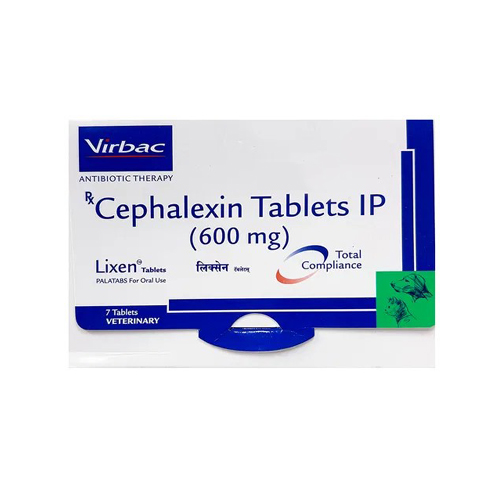
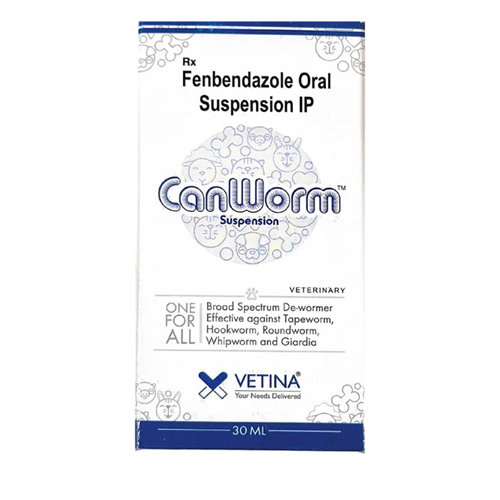

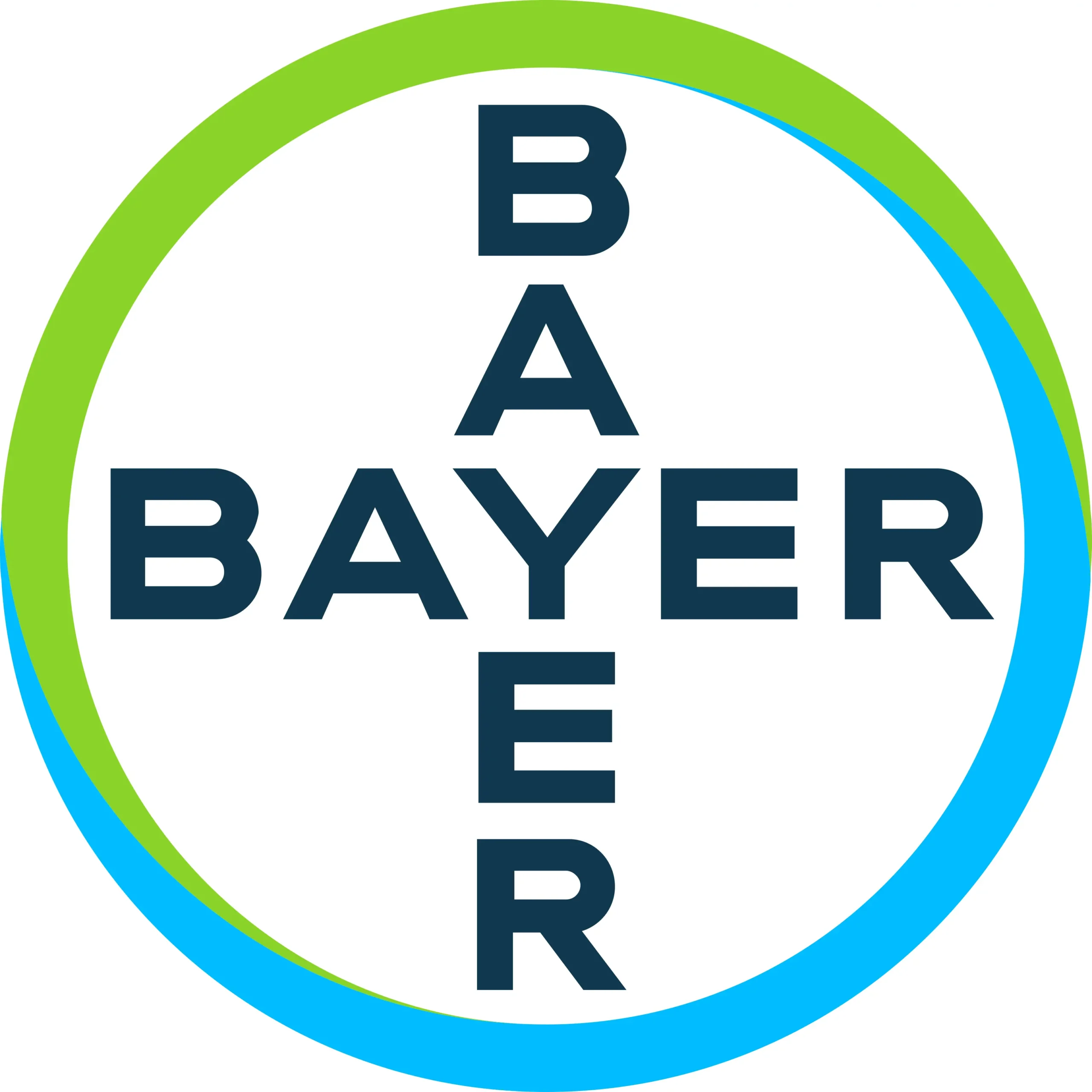
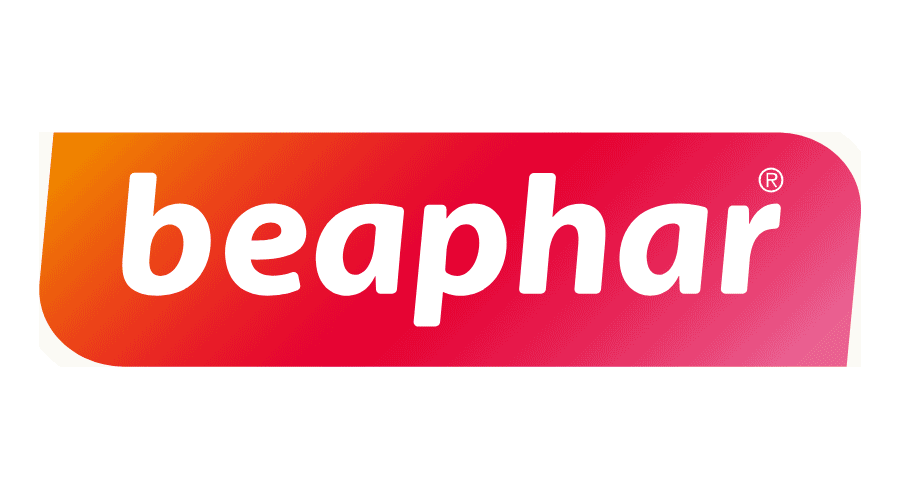
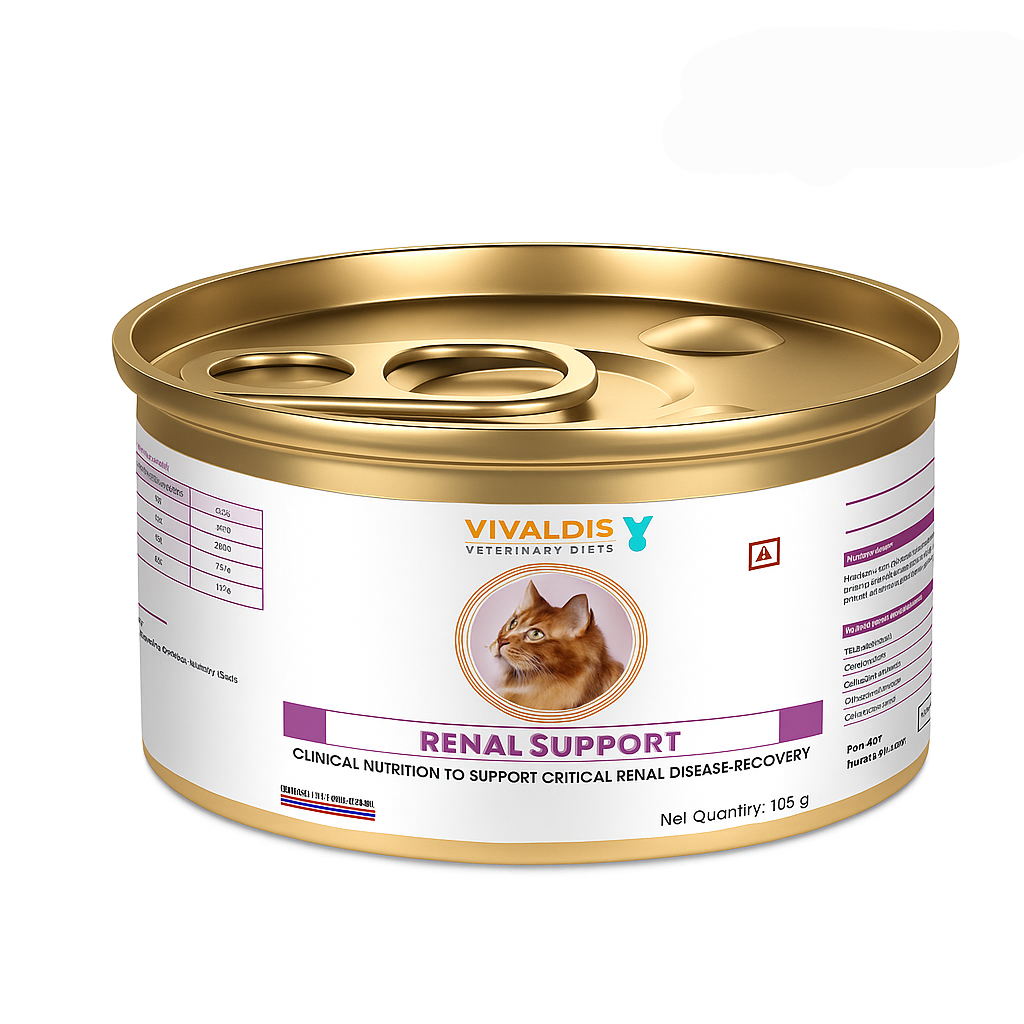

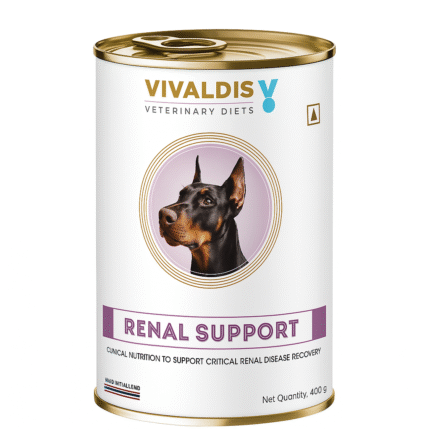
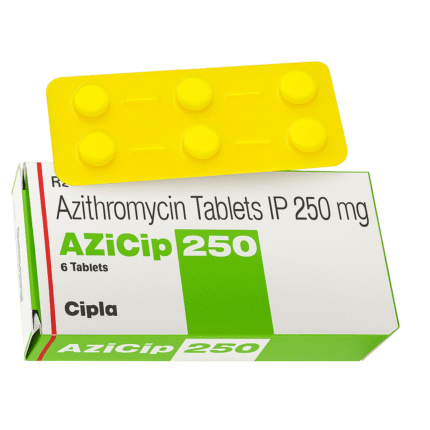
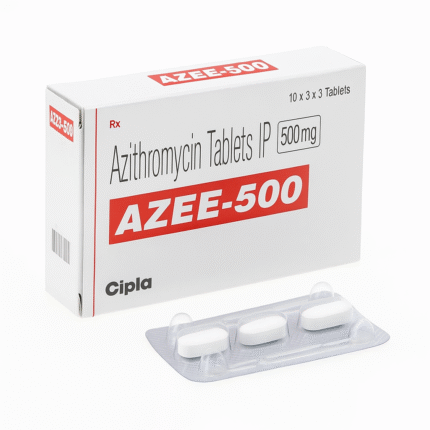
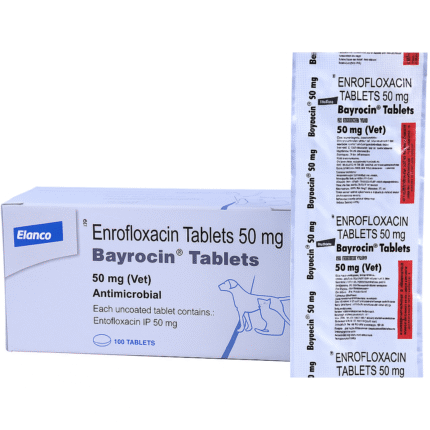


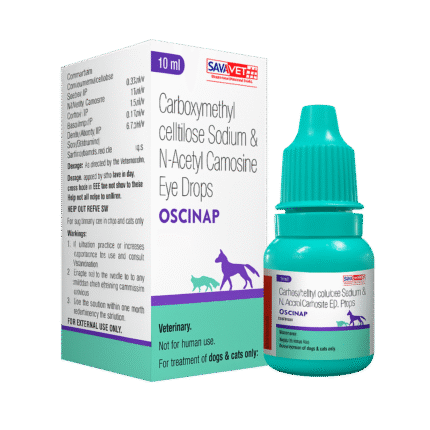
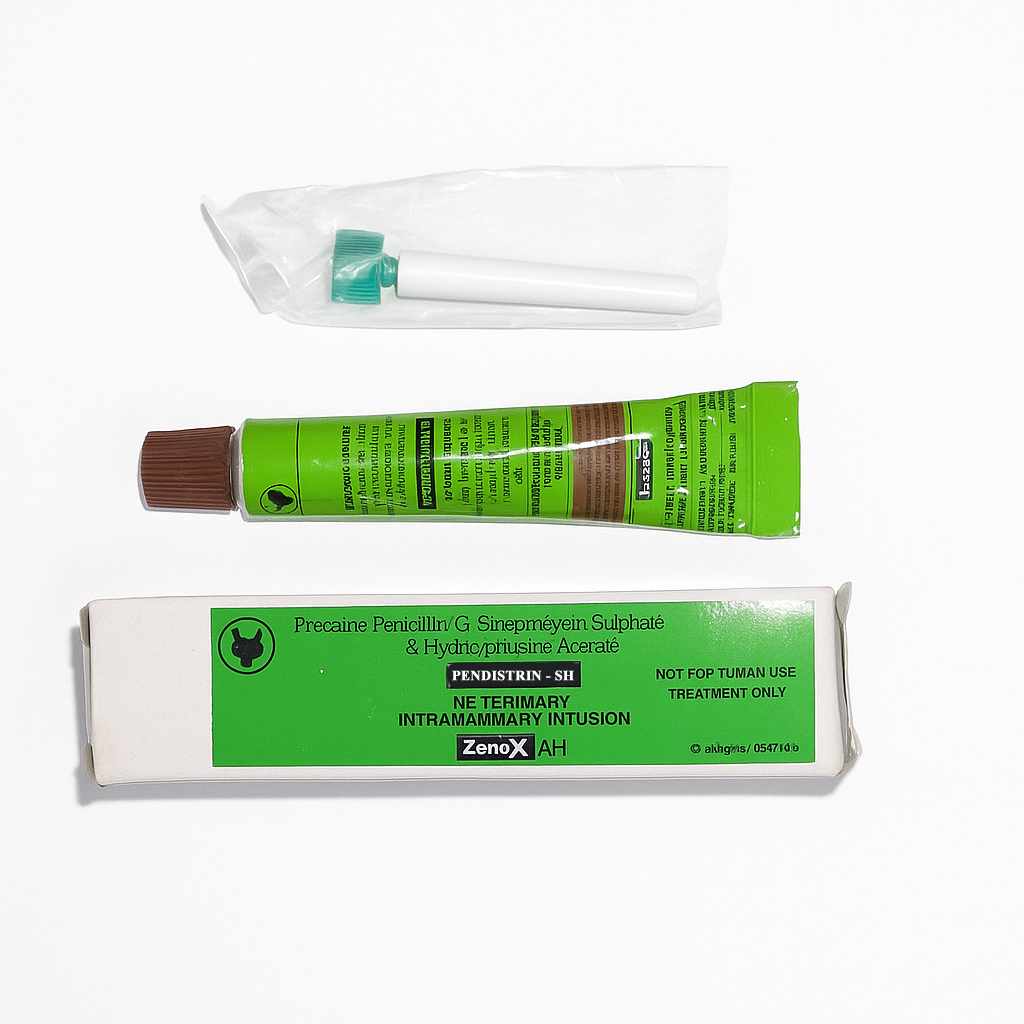
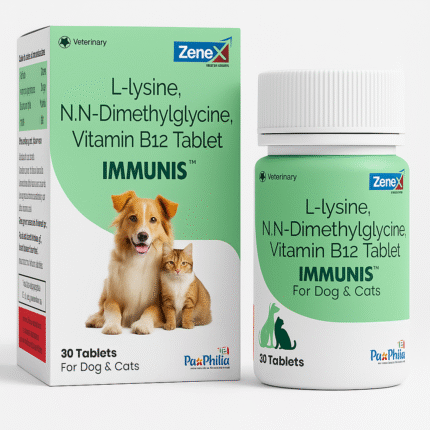

Reviews
There are no reviews yet.